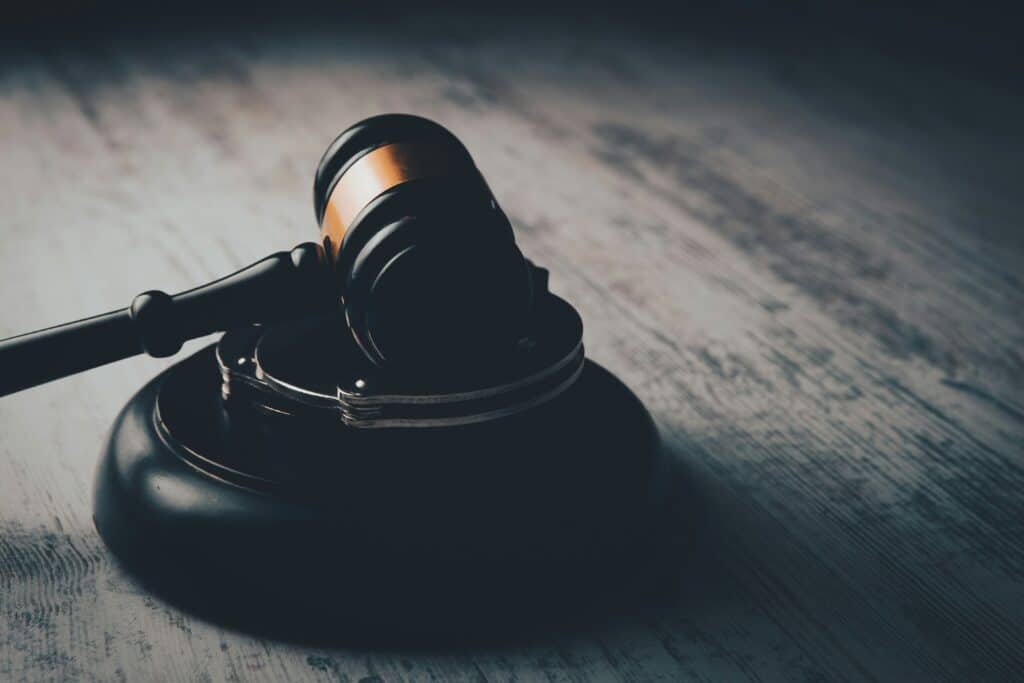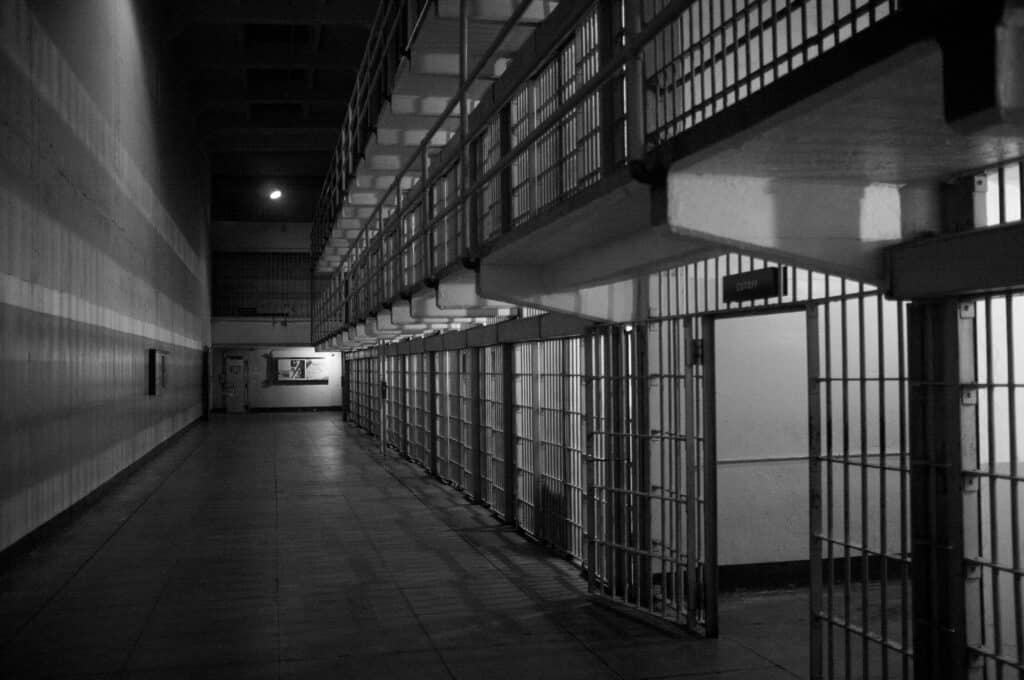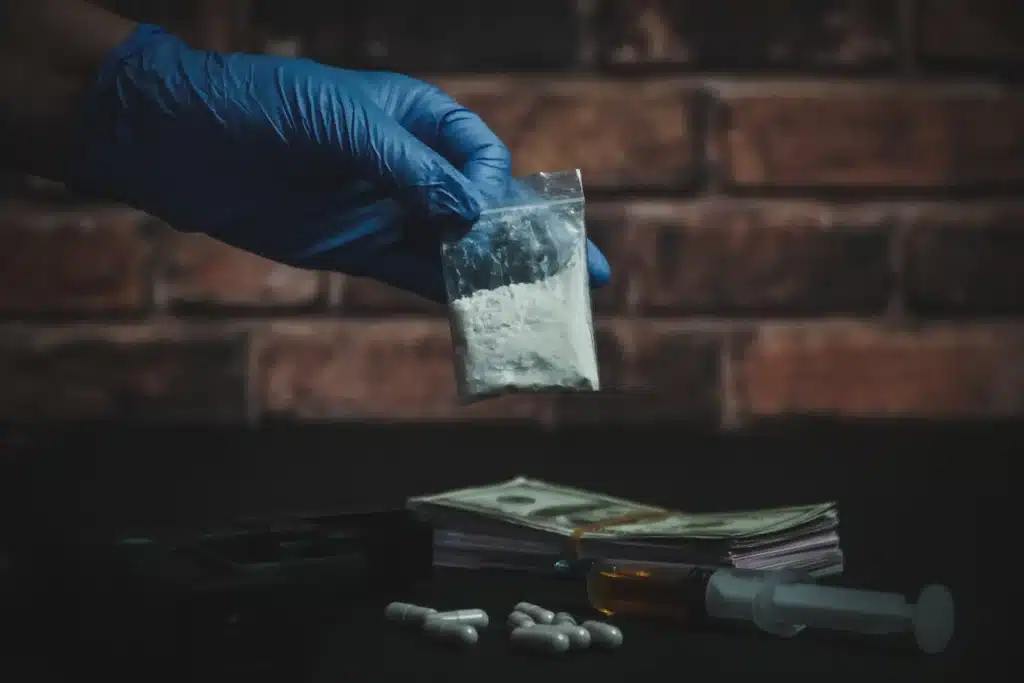Facing drug charges in Colorado is intimidating, but the evidence against you is not always untouchable. Both federal and state law protect people from unreasonable searches. When police cross the line, their actions can be challenged in court. Evidence from an illegal search should not decide your future. With the guidance of a Denver drug crimes defense attorney, you may be able to weaken or even dismantle the prosecution’s case.
When Does a Police Search Become Illegal in Colorado?
The U.S. Constitution’s Fourth Amendment and the Colorado Constitution (Article II, Section 7) both require that searches be reasonable and supported by lawful authority. In practice, this means that police must often obtain a warrant from a judge before they can search your home, car, or belongings. If they skip that step or misuse the warrant process, their actions may qualify as an illegal police search in Denver.
Common examples of unlawful searches include:
- Entering a home without a valid warrant.
- Stopping a driver without probable cause or reasonable suspicion.
- Searching a vehicle without consent or legal justification.
- Using an invalid, expired, or overly broad warrant.
Courts in Colorado regularly examine whether officers respected these boundaries. If not, the evidence can be excluded. If you’ve been a victim of unlawful search and seizure in Colorado, you have options.
Filing a Motion to Suppress Evidence
The legal tool used to challenge tainted evidence is a motion to suppress evidence in Colorado. This request asks the judge to evaluate whether the police acted lawfully during the search. If the court determines that your rights were violated, the evidence may not be admitted at trial.
For example, if drugs were found in your car after a traffic stop but the officer had no valid reason to pull you over, your attorney can argue that everything found afterward is inadmissible. Without that evidence, the state may have no case.
The Role of a Drug Possession Attorney in Denver
Challenging evidence requires both knowledge of constitutional law and a careful review of the facts. A seasoned drug possession attorney in Denver will thoroughly examine every step of the investigation, from the issuance of the warrant to the handling of the evidence once seized. Attorneys often look for errors in the paperwork, contradictions in police testimony, and procedural lapses.
Even small details, such as the time a warrant was served or whether you clearly gave consent, can make a major difference. Having an attorney who understands these issues can mean the difference between conviction and dismissal.
How Suppressed Evidence Changes the Case
Once a judge grants a motion to suppress, the prosecution loses the ability to use that evidence at trial. In many drug cases, the physical evidence—such as the drugs themselves or drug-related items—forms the core of the state’s case. Without it, the prosecution may be forced to drop the charges entirely.
In other situations, the case may continue, but with far less weight. This could open the door to reduced charges or more favorable plea negotiations. For defendants, the suppression of evidence can significantly alter the outcome of their case.
Fighting Illegal Search Drug Charges in Denver
When you’re fighting drug charges, you are also holding law enforcement accountable. Opposing illegal search drug charges in Denver often involves digging deeply into police procedures. A skilled defense attorney will review dashcam footage, police reports, and warrant records to uncover inconsistencies.
By highlighting constitutional violations, your attorney can argue persuasively for suppression. In many cases, these challenges are the strongest defense strategy available.
Why Representation Is Essential
Colorado drug laws impose strict penalties, including large fines, probation terms, and the potential for prison sentences. Attempting to handle a suppression hearing without professional representation is a high-risk endeavor. A Denver drug crimes defense attorney has the training to navigate the complex rules of evidence and constitutional law.
Defense lawyers also have familiarity with the judges and prosecutors in local courts. This experience helps them anticipate arguments, spot weaknesses in the prosecution’s case, and build the most effective strategy for their clients. An experienced drug possession attorney in Denver will also advise you about potential outcomes, plea options, and the long-term consequences of different strategies.
Protecting Your Rights in Colorado Drug Cases
Unlawful searches undermine the justice system. If your arrest resulted from an illegal police search in Denver or the surrounding areas, you should push back against this breach of justice. Filing a motion to suppress evidence in Colorado is often the most effective way to hold law enforcement accountable and protect your future.
Our attorneys understand how to challenge unconstitutional searches and fight aggressively for clients facing drug charges. If you believe your rights were violated through an unlawful search and seizure in Colorado, or if you need help fighting an illegal search and drug charges in Denver, our team is ready to defend you and guide you through your legal options.








